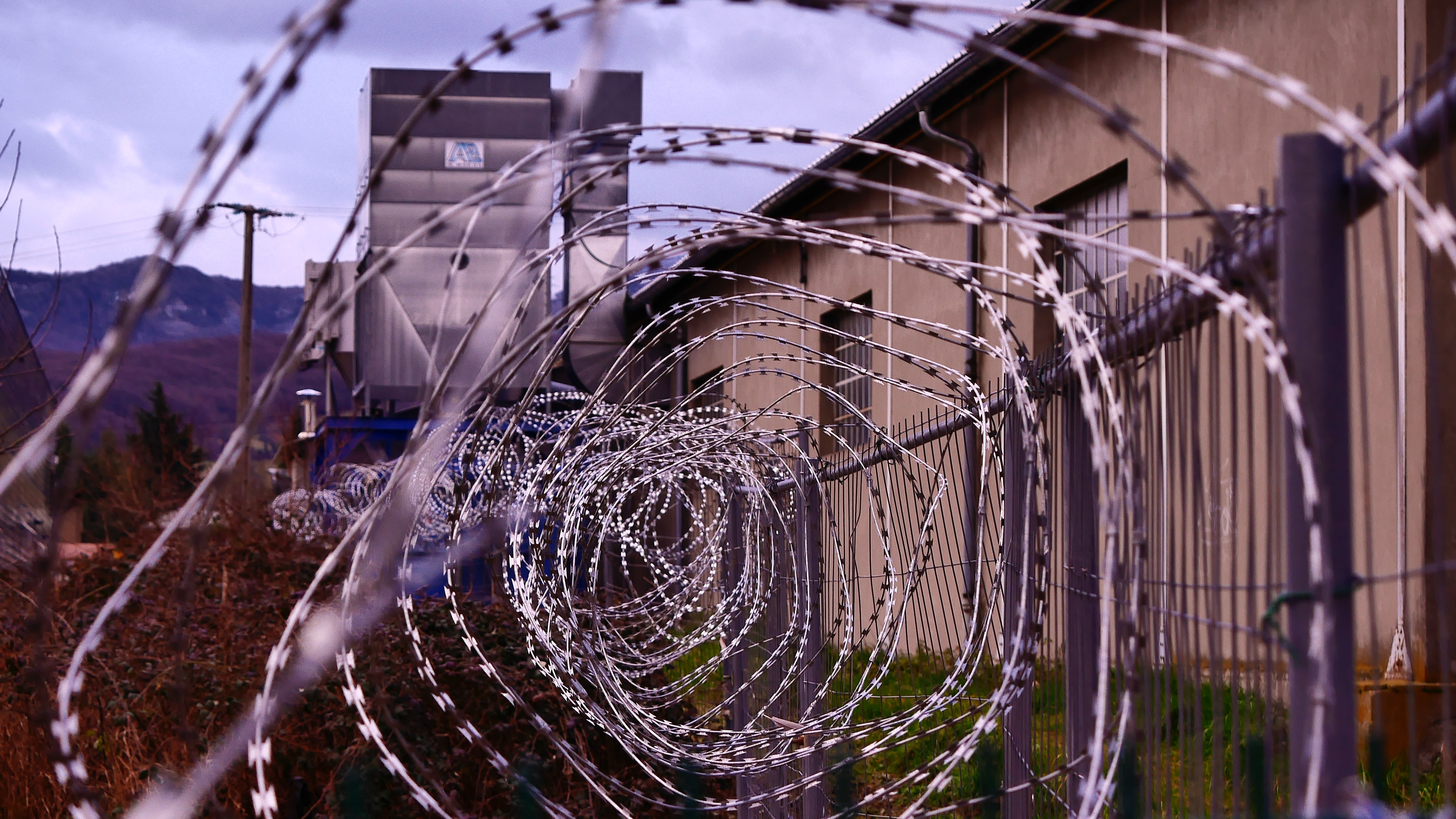
403
Sorry!!
Error! We're sorry, but the page you were looking for doesn't exist.
Palestinian prisoner gets freed by Israeli forces
(MENAFN) Khamis Abu al-Rish, a Palestinian prisoner recently freed by Israeli forces, is currently in a critical state at Kamal Adwan Hospital in Beit Lahiya, located in northern Gaza Strip. His condition reflects severe physical pain and emotional distress, symptoms that reveal the intense torture he experienced during his detention.
Abu al-Rish's situation paints a grim picture of the harsh reality faced by detainees. The trauma from his imprisonment has left him both physically debilitated and psychologically shattered. Released through the Beit Hanoun (Erez) crossing yesterday, Abu al-Rish was rushed to the hospital for immediate medical care and assessment.
Upon his release, Abu al-Rish's interactions with medical personnel were limited to anguished, disjointed expressions such as: "Torture me," "I want my mother," "Save me," and "World, die." His statements, punctuated by tears, vividly demonstrate the profound psychological scars inflicted by his treatment in Israeli detention centers.
Eyewitnesses at the Beit Hanoun crossing described a disturbing scene: Abu al-Rish, clad in a white robe and bearing extensive bruises and pain, was abandoned at a location far from the border. He was later transported by ambulance to the hospital, where his suffering was documented by Anatolian cameras. These images reveal his severe physical condition and his struggle to articulate his pain.
While specific details about Abu al-Rish's detention conditions and the exact length of his imprisonment remain unknown, his distress upon arrival at the hospital underscores the severe impact of his experiences. His poignant appeals for his mother and his cries for help highlight his isolation and the deep emotional trauma inflicted by his ordeal.
Abu al-Rish's case is indicative of a troubling trend. In recent months, the Israeli military has been releasing detainees from Gaza in batches, many of whom, like Abu al-Rish, have been returned in poor physical and mental health. This pattern underscores the dire conditions faced by Palestinians in detention and underscores the urgent need for humanitarian intervention to address the severe repercussions of such imprisonment.
Abu al-Rish's situation paints a grim picture of the harsh reality faced by detainees. The trauma from his imprisonment has left him both physically debilitated and psychologically shattered. Released through the Beit Hanoun (Erez) crossing yesterday, Abu al-Rish was rushed to the hospital for immediate medical care and assessment.
Upon his release, Abu al-Rish's interactions with medical personnel were limited to anguished, disjointed expressions such as: "Torture me," "I want my mother," "Save me," and "World, die." His statements, punctuated by tears, vividly demonstrate the profound psychological scars inflicted by his treatment in Israeli detention centers.
Eyewitnesses at the Beit Hanoun crossing described a disturbing scene: Abu al-Rish, clad in a white robe and bearing extensive bruises and pain, was abandoned at a location far from the border. He was later transported by ambulance to the hospital, where his suffering was documented by Anatolian cameras. These images reveal his severe physical condition and his struggle to articulate his pain.
While specific details about Abu al-Rish's detention conditions and the exact length of his imprisonment remain unknown, his distress upon arrival at the hospital underscores the severe impact of his experiences. His poignant appeals for his mother and his cries for help highlight his isolation and the deep emotional trauma inflicted by his ordeal.
Abu al-Rish's case is indicative of a troubling trend. In recent months, the Israeli military has been releasing detainees from Gaza in batches, many of whom, like Abu al-Rish, have been returned in poor physical and mental health. This pattern underscores the dire conditions faced by Palestinians in detention and underscores the urgent need for humanitarian intervention to address the severe repercussions of such imprisonment.

Legal Disclaimer:
MENAFN provides the
information “as is” without warranty of any kind. We do not accept
any responsibility or liability for the accuracy, content, images,
videos, licenses, completeness, legality, or reliability of the information
contained in this article. If you have any complaints or copyright
issues related to this article, kindly contact the provider above.






















Comments
No comment